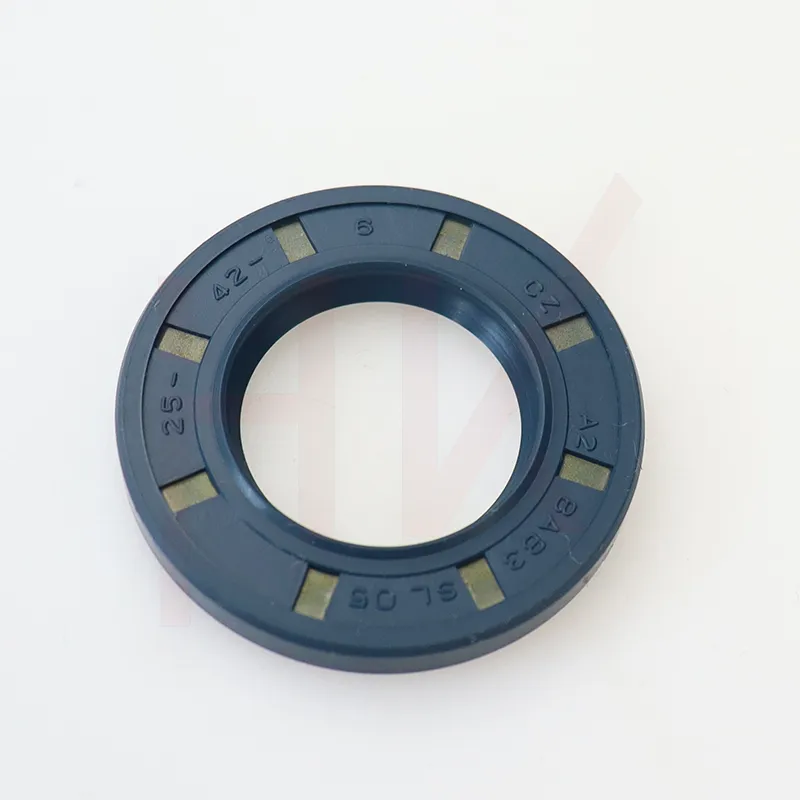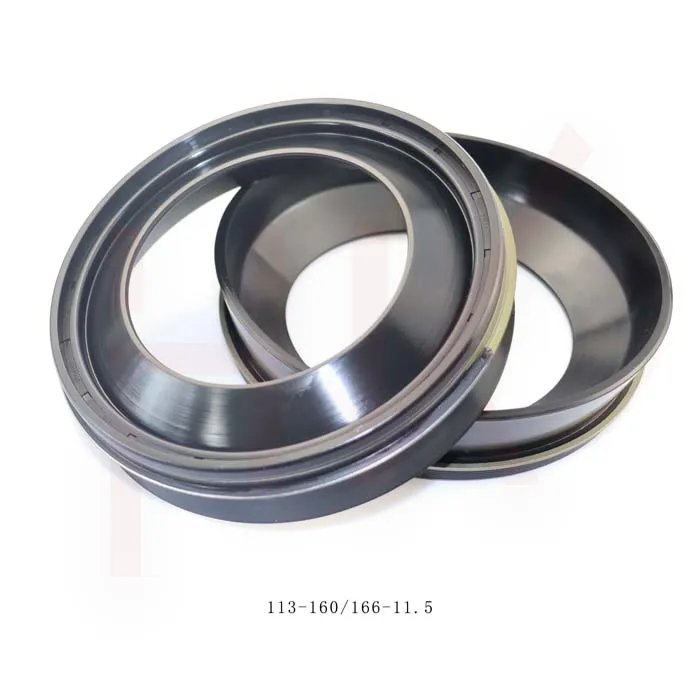Aug . 06, 2024 08:11 Back to list
Understanding the Role and Importance of Oil Seals in Mechanical Applications and Machinery Performance
The Function of Oil Seals A Comprehensive Overview
Oil seals, also known as lip seals or radial seals, play a critical role in various mechanical systems. Their primary function is to prevent the leakage of lubricants, such as oil and grease, from machinery while simultaneously keeping contaminants, such as dirt and dust, from entering the system. This dual-function property is essential in maintaining the integrity and efficiency of mechanical components.
Basic Structure
An oil seal typically consists of a rubber or elastomeric component, often reinforced with a metal casing. The design features a flexible lip that creates a sealing surface against a rotating shaft. This connection is crucial as it significantly reduces friction and wear in the system. The material used for the seal, often neoprene, silicone, or fluorocarbon, is selected based on the application's specific requirements, such as temperature resistance, chemical compatibility, and longevity.
Key Functions
1. Leak Prevention One of the most vital functions of an oil seal is to prevent the leakage of lubricants from the machinery. Oils are essential for reducing friction between moving parts and maintaining proper functionality. A well-functioning oil seal ensures that these lubricants stay contained within the system, reducing the need for constant replenishment and preventing operational issues caused by low lubrication levels.
2. Contaminant Exclusion In addition to keeping lubricants in, oil seals also protect the internal components of machinery from external contaminants. Dust, dirt, moisture, and other foreign particles can cause significant damage to mechanical parts, leading to premature wear and failure. Oil seals act as barriers that effectively exclude these harmful substances, thereby prolonging the lifespan and efficiency of the equipment.
what is the function of oil seal

3. Pressure Control In many applications, maintaining appropriate pressure levels within a system is crucial for optimal performance. Oil seals help to control the internal pressures by preventing leaks and maintaining a consistent environment for the lubricant. This function is especially important in hydraulic systems where pressure fluctuations can lead to operational failures.
Applications
Oil seals are found in a myriad of applications across various industries. In automotive engineering, they are used in engines, transmissions, and differentials to ensure proper lubrication and prevent leaks. In industrial machinery, oil seals are essential for maintaining the functionality of motors, pumps, and gearboxes. Even in household appliances, oil seals play a role in devices like washing machines and refrigerators.
Maintenance and Importance
The importance of oil seals cannot be overstated. Regular maintenance and timely replacement of worn-out seals can significantly impact machinery performance. Neglecting to address oil seal issues may lead to significant oil loss, increased friction, overheating, and ultimately, catastrophic machinery failure.
In conclusion, oil seals serve a vital function in ensuring the reliability and efficiency of mechanical systems. By preventing lubricant leakage and excluding contaminants, they protect valuable components and enhance operational longevity. Understanding the role and significance of oil seals is essential for anyone involved in machinery maintenance or repair, as it directly contributes to the overall performance and sustainability of mechanical systems. Recognizing when to inspect and replace these components can save considerable time and financial resources in the long run, reinforcing the critical role they play in engineering and maintenance practices.
-
Reliable Oil Seal Wheel Hub Solutions for Industrial & Automotive Use
NewsNov.17,2025
-
Durable Front Hub Oil Solutions for Industry – HKAiSeal
NewsNov.17,2025
-
Wholesale Hydraulic Pump Motor Seal Kit A4VSO250 | In Stock
NewsNov.17,2025
-
Pump Seal Kits: Essential Components for Industrial Reliability
NewsNov.17,2025
-
TCV Oil Seal - Double-Lip, Spring-Loaded, High Temp & Wear
NewsNov.17,2025
-
Hydraulic Seal Kits: Reliable Solutions for Industrial Equipment
NewsNov.17,2025
-
Combined oil seal 659214 12001903B, fits 119990, NBR OEM
NewsNov.17,2025
Products categories
















